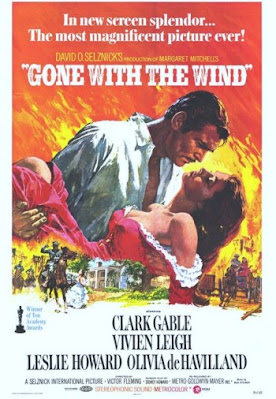Even though I was trying not to buy any books across 2020 (and I did an okay job, haven't bought as many as I normally would) I am still of course going to be buying some of the new releases coming soon in the last half of this year! So by order of appearance let me celebrate some upcoming new books I'll be buying!
First off we return to an author I've been having something of a reading fling with these last few years, Joe Abercrombie. Having been powering through his First Law trilogy, and having read the first in his new trilogy I'm extremely excited to get my hands on the second book The Trouble With Peace which is set to drop September 2020. We'll be picking up with the new cast of characters, and hopefully having more fun with the old ones too! If you want my thoughts on the first book, here's a spoiler free review of A Little Hatred!
From amazon.com
The following month we will have something by a new favorite author of mine, Kim Stanley Robinson. In the last two years I've reviewed a few of his works, and I'm eager to see what he offers us now. He brings us another tantalizing tale of a future that could be, and this one seems to make for some very, initially, depressing reading. The Ministry For the Future is set in a world where climate change has ravaged the globe, and mankind is finding increasingly difficult to survive, let alone thrive! To survive daily temperatures you have to be in a well air conditioned area. With all that is going on, can we save ourselves from the problems we've created? Can this new ministry advocate for all the generations yet unborn? I suppose we will find out October 6th 2020!
From amazon.com
In November, we have probably one of the most anticipated works in the fantasy sphere as Brandon Sanderson brings us book four of the Stormlight Archive, Rhythm of War. In the much anticipated fourth installment we return to Roshar where the war between the Knights Radiant and the Voidbringers rages as men and gods do battle over the fate of the planet. This volume will fill in more background on the character Venli, and meanwhile, the war continues. Will the Knights Radiant prevail, or will the world fall into chaos? We will find out November 14th!
Finally, we come to another author I have been reading ever more eagerly. Marko Kloos already had one novel out this year, which I cheerfully reviewed, but we now come to the next novel in his much celebrated Frontlines series. In Orders of Battle we pick up years after the climactic battles between Earth and the Lankies both in and out of the Sol system as humanity picks up the pieces from its near destruction. Our protagonist Andrew Grayson has grown up in years, advanced in rank, and watched the now peacetime military shrink to accommodate the needs of rebuilding Earth and her colonies. But the Lankies are still out there, and the war isn't over yet. We will see more of the Human-Lankie war, come December 8th!
From amazon.com
There are of course, many fabulous new stories in the pipeline for new and emerging authors, but here I'm just highlighting the books and series I've been following. I hope this generates some interest for them as these authors deserve all the love they get! Until next time!









